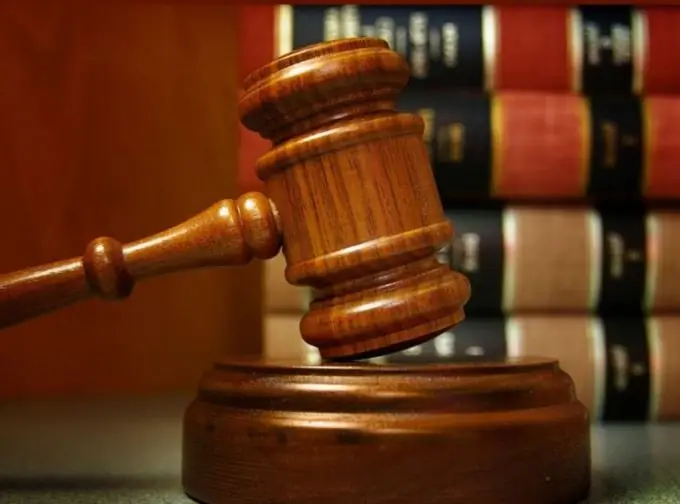More recently, in November 2011, President Dmitry Medvedev initiated the transfer of Article 129 of the Criminal Code of the Russian Federation “Libel” from the category of criminal to administrative ones. However, after six months, lawmakers again criminalized the libel charge, not only translating this article back, but also tightening it. The new law on defamation in the Criminal Code of the Russian Federation significantly increases the degree of punishment for persons accused of disseminating deliberately false information.

The original version of the new "old" law even provided for imprisonment and forced labor as penalties for libelous speech. At the last moment, they were replaced by fines, the amounts of which exceed all previously applied sanctions - the maximum punishment for ordinary citizens has grown to an astronomical amount of 5 million rubles.
The provisions of the new law certainly raise a number of questions. Thus, the punishments provided for legal entities have been weakened - for them there is only civil liability, in which they can be brought only to compensate for moral damage caused by the dissemination of deliberately false information about their activities. Natural persons, in addition to civil law, will also bear criminal responsibility.
In addition, a fine of 5 million rubles is levied in favor of the state, but does not in any way affect the amount of compensation for a citizen or organization that has suffered from libel. In the best case, they can recover moral damage from the slanderer, the amount of which is incomparably less than the fine - even for the death of the victim, compensation is awarded no more than 1 million rubles.
Now the article provides a more ramified structure of the corpus delicti of this criminal offense. It may have several signs that affect the degree of punishment: the way the crime was committed, the content of slanderous statements and, importantly, to whom this slander was directed.
Under the new law, responsibility for unproven accusations against judges, juries, investigators, interrogators, prosecutors or bailiffs is set aside in a separate article. It will be applied only when defamation is related to the investigation or consideration of a specific case in court, as well as the execution of any judicial act. At the same time, the accused will have to pay a fine of 2 million rubles for defamation of a judge, jury or other participant in the proceedings, and only 1 million rubles for speaking out against all other participants in the case.






